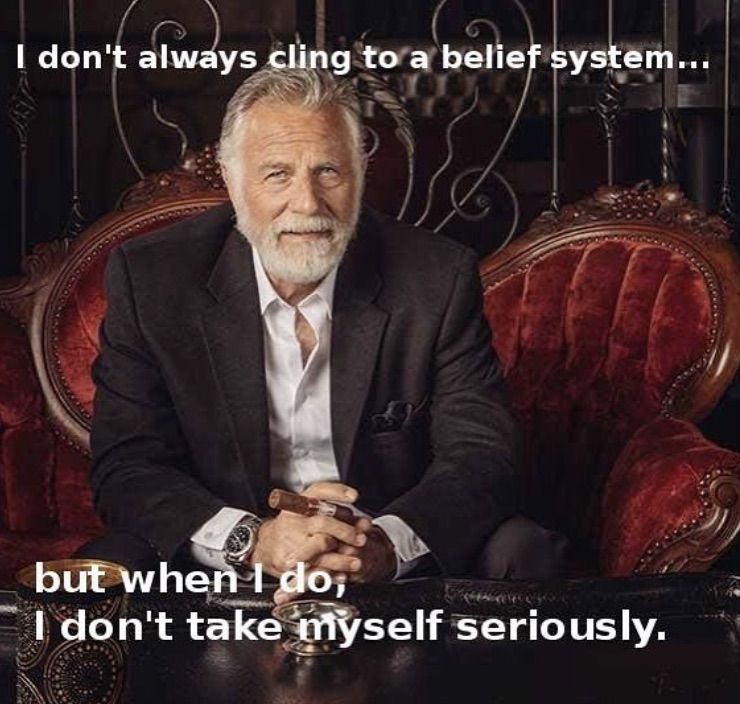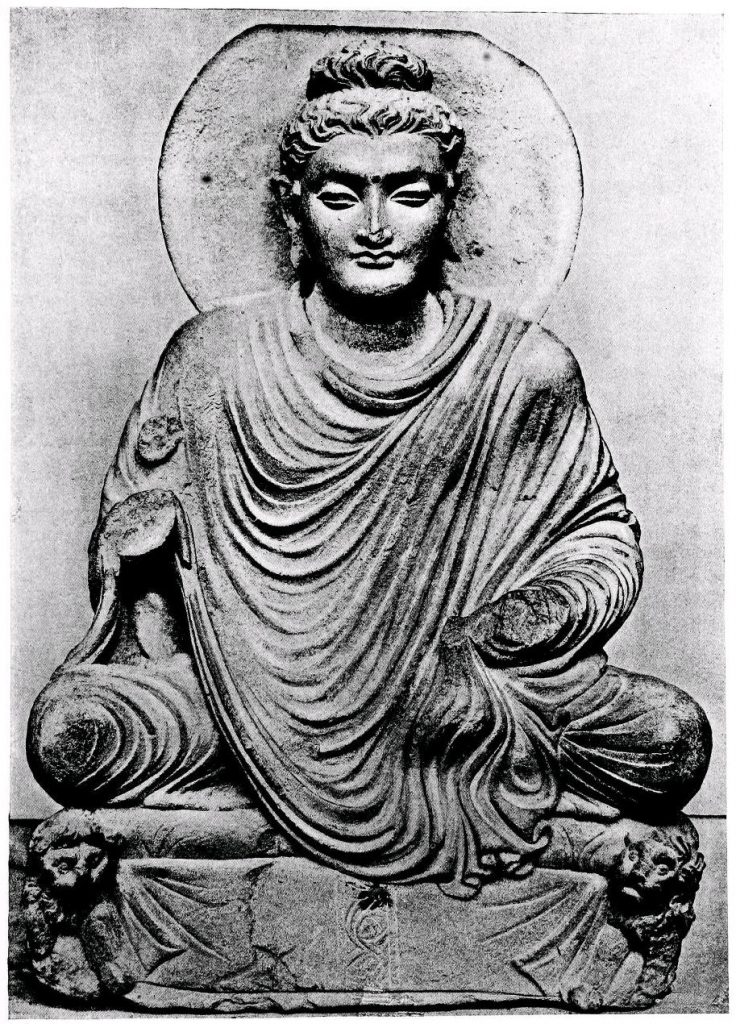Views: 150

It seems that everyone is into Stoicism at the moment. Greek Philosophy seems to be the order of the day everywhere you look online and in the bookshops.
And yet there is one figure in the world of Greek philosophy that seems to be overlooked. We hear of Socrates, Plato and Aristotle, The Meditations, and The Stoics, but no one mentions the King of them all. Pyrrho of Elis.
He developed a system of thought we now know as Ancient Skepticism. His ideas and philosophy were at odds with the systems being preached during that period. He put forward the idea that beliefs were the cause of the problem at a time when other philosopher were taking dogmatic positions and were constantly attempting to disprove others dogmas. Pyrrho didn’t concern himself with finding “Truth”.
He was looking to achieve Ataraxia or tranquillity/unperturbedness.
Pyrrho took a fresh approach and posited the thought that maybe we just don’t know what is true and should suspend judgement and take the world for what it is.
What it appears to be.
The world of the Evident.
The world of Appearances.
What is non-evident (such as beliefs) is not that relevant to leading a balanced life.
For example, we know that gravity (or the phenomenon we call Gravity exists) and we can work with that and utilise it. That is evident.
… but how it works… well that’s non evident, and we can have theories and beliefs about how it works but we still don’t really know.
Other beliefs can be more damaging, however. Dogmatists will fight tooth and nail and even kill to support their beliefs. Not a very balanced approach that will lead to tranquillity!
Getting yourself tied in knots trying to justify your beliefs makes for a life out of balance and attaching yourself to a belief is harmful in many other ways too.
If you want to be happy Pyrrho suggests we suspend our judgement and dogma will fall away like a damp heavy coat that you take off when it’s weighing you down. There’s a genuine sense of relief.
Pyrrhonism is a practical philosophy that will make your life less perturbed and more tranquil, and it’s something I have got to grips with recently. It really has made life so much more balanced, despite the craziness that’s going on in the world at the moment.
There are many facets to Pyrrho’s philosophy, so to begin with I will give you a simple technique to help you start to make a shift in the way you perceive the world.
One of his techniques was to use Maxims: little phrases that would remind you that life is not what you think it is.
That life can be more than what you “believe it to be”.
Maxims serve as a reminder to stop for a moment before you suffer the consequences of a typical knee jerk reaction that we sometimes have to a situation. It helps us suspend judgement and thus prevent the formation of new beliefs.
Here’s a few basic Maxims:
“Perhaps” “Possibly” “Maybe”
These are not meant to be a statement of what you might believe. They are not beliefs at all, but expressions of how to think about situations as they happen. It’s all about helping you change your perception of events.
“Perhaps it is the case”
Perhaps it is not the case”
“It is possibly the case”
“Possibly it is not the case”
“Maybe it is”
“Maybe it is not”
So the next time you generalise and convince yourself that you are right and that your beliefs are “True” …
STOP
… then challenge this assumption by reminding yourself that “Maybe it is… Maybe it’s not”
By challenging your belief with a statement like this it prevents you from being swept away by a non evident idea.
You suspend judgement and remain Skeptical!
It’s not possible to do justice to a philosophy like Pyrrhonism and so I have developed a one-day seminar called “The Pyrrho Protocol. A way of creating a life balance.”
I will hold the seminar online on October 25th at 2pm – 5pm and costs a measly £15
Hope to see you there,
Bob


